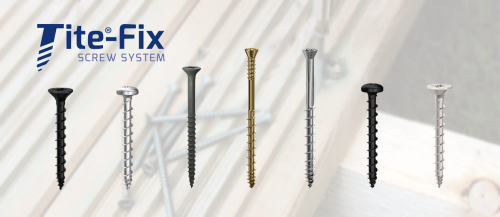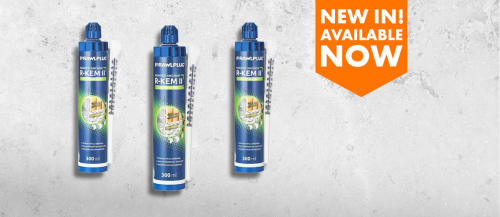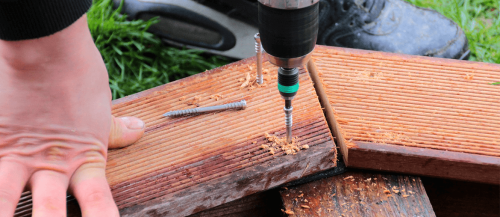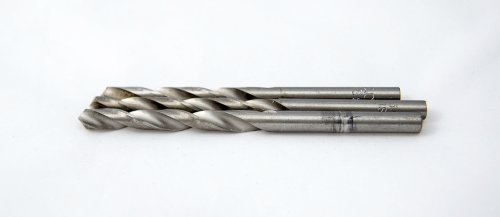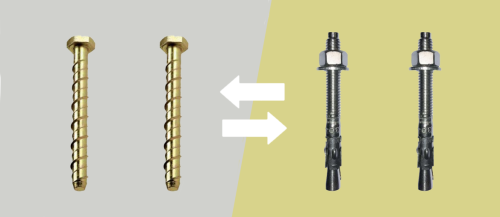This site uses cookies to help deliver its services and analyse traffic.
The Future of the EU Scrap Metal Market
Here at BS Fixings, we are experts when it comes to steel with many of our products being manufactured out of the versatile and strong material. As a company, we also support and encourage sustainable practices, including the reusing and recycling of scrap steel. However, it is not only us that are trying to make a difference! The entire world is continuously looking for ways to improve and implement change, with many countries setting green targets to reach in the near future. One of the most noteworthy transformations in recent times is occurring within the scrap metal industry, particularly steel.
The European Union is a significant player in the scrap steel market; however, it might be on the brink of pivotal change. The EU has long been a scrap metal exporter, exporting approximately 18 million tonnes of scrap a year. Yet, with increasing environmental awareness and policy changes, the EU could transition from a scrap metal exporter to an importer. As the EU becomes more focused on sustainability and circular economy goals, the consumption and production of recycled materials, including scrap steel, will likely increase. These goals along with the increasing use of Electric Arc Furnaces (EAF) could lead to a greater demand for scrap materials, resulting in the need for importation.
The imminent change from exporter to importer in the EU is underscored by emerging trends in the scrap metal industry. The demand for both ferrous and non-ferrous scrap metals is expected to rise in the coming years. With the EU's sustainability goals in sight, there is a greater need for recycling, reusing, and reducing waste, which includes increasing reliance on scrap metals.
Moreover, various industries within the EU, including automotive and construction, have expressed a growing need for these materials. This surge in demand is expected to drive the EU towards becoming a significant importer of scrap metals.
An increasing number of nations are taking protective measures by imposing restrictions on exporting this valuable resource, as EAF production takes centre stage in steel manufacturing. Consequently, the global demand for ferrous scrap is anticipated to grow, with over 70 countries already implementing limitations or outright bans. Such a global trend could result in the European Union becoming a major importer in a relatively short time frame. The dynamics of scrap trade within the EU could dramatically shift, redefining its role in the international scrap market.
To read the original article by Gerber Group, please follow the link!
Latest from BS Fixings
Banish the Grime in a Swipe: New UltraGrime Pro Multi-Use Clothwipes!
At BS Fixings, we understand that when you’re knee-deep in your trade, the last thing you want to worry about is the mess. That’s why we’re excited to introduce a...
Continue readingIntroducing Tite®-Fix at BS Fixings
BS Fixings is proud to introduce yet another brand to our lineup - Tite®-Fix! This brand offers a range of high-quality screws designed for various applications, from tongue & groove...
Continue readingNew In! Rawlplug’s R-KEM2 Polyester Styrene-Free Resin
We're pleased to share something special with you – the Rawlplug R-KEM2 Polyester Styrene-Free Resin 300ml has just landed at BS Fixings! This ingenious resin is designed for use in...
Continue readingWhich Types of Screw are Best for Outdoor Use?
At BS Fixings, we understand the challenges posed by the great outdoors, especially when it comes to decking, fencing, installing outdoor ironmongery or even assembling garden furniture. That’s why we...
Continue readingHow Do I Choose the Right Size Drill Bit for a Wall Plug?
In this blog, we’re going to tackle another common question we hear in our community – how do I choose the right size drill bit for a wall plug? Choosing...
Continue readingWhat’s the Difference Between an Anchor Bolt and a Through Bolt?
When it comes to securing anything from the lightest of fixtures to the heftiest of machinery, the importance of choosing the right bolt cannot be overlooked. It’s the kind of...
Continue reading

